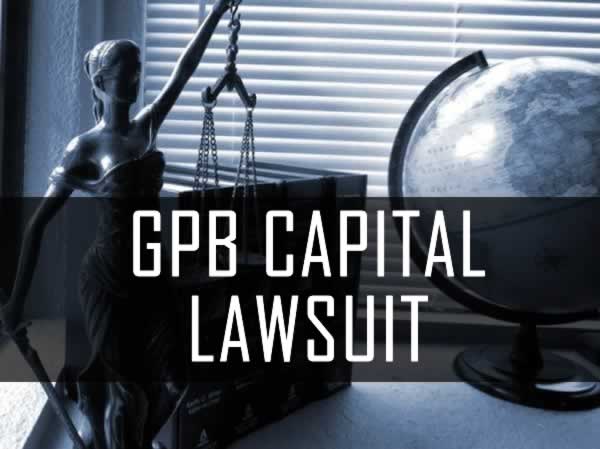The Financial Industry Regulatory Authority (FINRA) continues to penalize broker-dealers for irregularities in the sale of GPB Capital Holdings’ private placements. The most recent addition to the list is Center Street. This distinction is due to their failure to alert 20 investors that GPB, the issuer, had missed the deadline for filing certain documents with the Securities and Exchange Commission (SEC). The submission of audited financial accounts was one of GPB’s failures.
At least seven broker-dealers received invitations to FINRA penalty in December 2022 for improperly selling GPB Private Placements. According to FINRA, Center Street sold limited partnership shares in Automotive Portfolio and four limited partnership interests in Holdings II after learning about the delays from GPB Capital and their expressed desire to perform a forensic audit.
These sales took place between the 4th of May and the 29th of June 2018. From a total of 20 transactions with a combined value of $1.2 million, Center Street collected a sales commission of $98,727.
As was previously mentioned, broker-dealer representatives neglected to alert investors of GPB’s delay in submitting audited financial statements to the SEC. According to FINRA’s position, this amounted to hiding important information from investors.
The SEC filed accusations against former managing partner Jeffrey Lash and GPB Capital CEO Jeffry Schneider in October 2017 for allegedly falsifying the financial statements of two limited partnership funds. According to the complaint, investors contributed more than $600 million to the fund, which went by the name GPB Automotive Portfolio.
The agency examined several GPB funds’ performances as part of its examination. They came to the conclusion that the majority of the funds weren’t operating as promised. Additionally, many investors did not get enough caution about the hazards associated with these transactions. In addition to the lawsuit, the corporation faces several administrative and civil actions, including those in Georgia, Missouri, Alabama, and New Jersey.
Additionally, the organization’s auditor left the organization in November 2018. Additionally, in February and July of 2019, the SEC, the Department of Justice, and the New York City Business Integrity Commission paid a visit to the company’s offices. GPB Capital, meanwhile, has refuted any wrongdoing.
GPB Capital has been the target of various legal actions brought by investors and clients. A court-appointed monitor is currently overseeing the company’s operations. In one complaint, it is claimed that despite its apparent failure to acquire automobile dealership interests. Additional allegations include a ponzi scam, exorbitant fees, and hidden conflicts of interest.
Many investors have been asking GPB Capital to reimburse losses incurred through their investments. This includes more than 1,400 people who contributed more than $150 million to the business. Federal, state, and local securities laws form the basis of these assertions. The business strategy of GPB is referred to in some of the complaints as a traditional Ponzi scheme.
Financial advisors and broker-dealers were paid an estimated $167 million in commissions which are alleged to be one of the primary reasons the investment products were sold.
According to the SEC, the company’s financial statements were allegedly altered to conceal the fraudulent activity. According to its marketing brochures, dividends were paid with money generated by the portfolio firms’ operations. Additionally, the business asserted extraordinary payouts of up to 3%. Nevertheless, only 61% of the initial capital was actually represented by the GPB funds.
The SEC has asked for a court order leading to the forfeiture of wrongfully acquired gains and the payment of civil monetary fines. GPB is eventually supposed to go into receivership.


